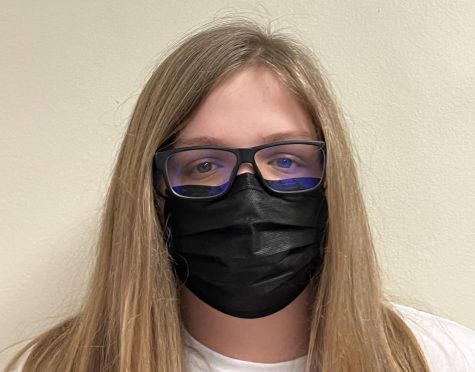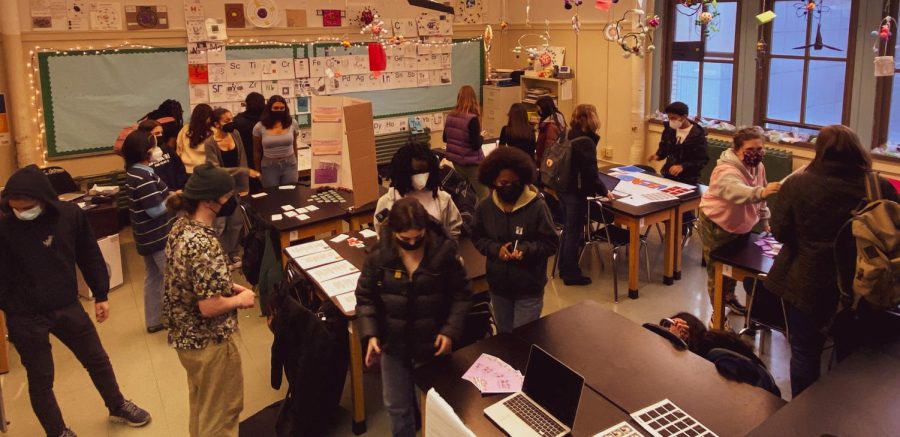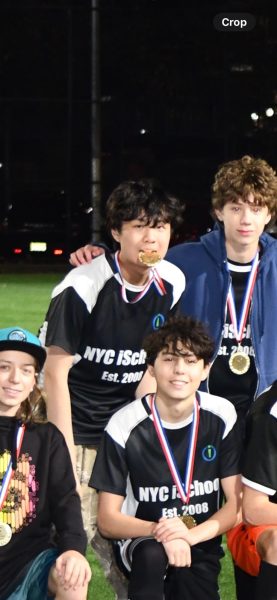The Teen Health Fair: Creating safe health class environments
Teen health in schools has been an issue for many years. Back in the 1920s when health classes were first implemented, the world was a very different place. The issue is that many of the ideologies from that era are still being taught to students today, such as the abstinence curriculum.
The Teen Health Awareness module, taught by Ms. Brown, is one that aims to teach students about teen health,and ideas that they would not normally hear about in another health class.
The class stands out because of how it teaches a more advanced health curriculum than traditional health classes. Most kids at the iSchool probably remember middle school health classes and going through puberty and the general awkwardness around health and sexuality. The health classes in those schools may not have done justice to the complex process that is, well, growing up. Many schools, even today, teach abstinence and other religious ideologies.
One student in Teen Health Awareness said that more traditional health curriculums “incorporate religion into the topic.” They bring up a good point that religion and abstinence are brought up far too often and have virtually no effect. One group of four researchers “found that abstinence-based sex education programs have no impact on teen and abortion rates,” which is a finding continually echoed by other researchers.
The advanced curriculum that is taught in the module consists of a number of different subjects that are displayed at the end of the quarter when students make presentations to tell their peers about what they learned. Some students even commented on the fact that they “learned a lot in the class” and how there were “a lot of options,” in comparison to what they would have had the ability to learn in more traditional health classes.
One of the topics that was brought up the most was the idea of consent, or rather, lack thereof. The consent curriculum is one that isn’t taught in most public schools, but in the module, consent was one of the biggest topics covered. One student said they learned about how “consent was more than a conversation; it’s more than saying ‘sure’ or ‘yeah.’”
One student said they would recommend the module because it taught them that “even if you’re just going into a relationship it’s important to understand what’s consensual or non-consensual.” Another student said they learned the importance of “creating a clear line between consensual and non-consensual language.”
One student’s presentation was about female anatomy, the shame surrounding menstruation, and the fight against the pink tax. The pink tax is the difference in price between products marketed toward women compared to these same, or incredibly similar products being marketed toward men.
A study done in New York City “found that women’s cost more 42 percent of the time, while men’s products cost more 18 percent of the time.” This student said that the module “helped [me] to be more proactive with the health of the body, and showed me that we shouldn’t be lazy when it comes to health.”
One student’s presentation was about the legitimacy of sex education in the United States. The student said that “in the U.S., there are a lot of mandates that don’t require the information being given to be accurate; all the information should be accurate or well informed.” An article by the Department of Nursing at USC from 2017 showed that only half of all U.S. states had mandated sex education, and only 13 of those states require that information to be accurate. There are multiple other interesting statistics in that article, so it’s recommended to check it out!
The Teen Health Awareness module is one that many students recommend for other students to take. One student said that “even if you know a good amount it will open your eyes to a lot of stuff you didn’t realize.” It’s a good module that goes in-depth on sexual health, and would be beneficial to any student looking to learn more.

Matthew Marsh is a freshman at the NYC iSchool. In his free time, he loves to play video games, write, and even draw on occasion.












